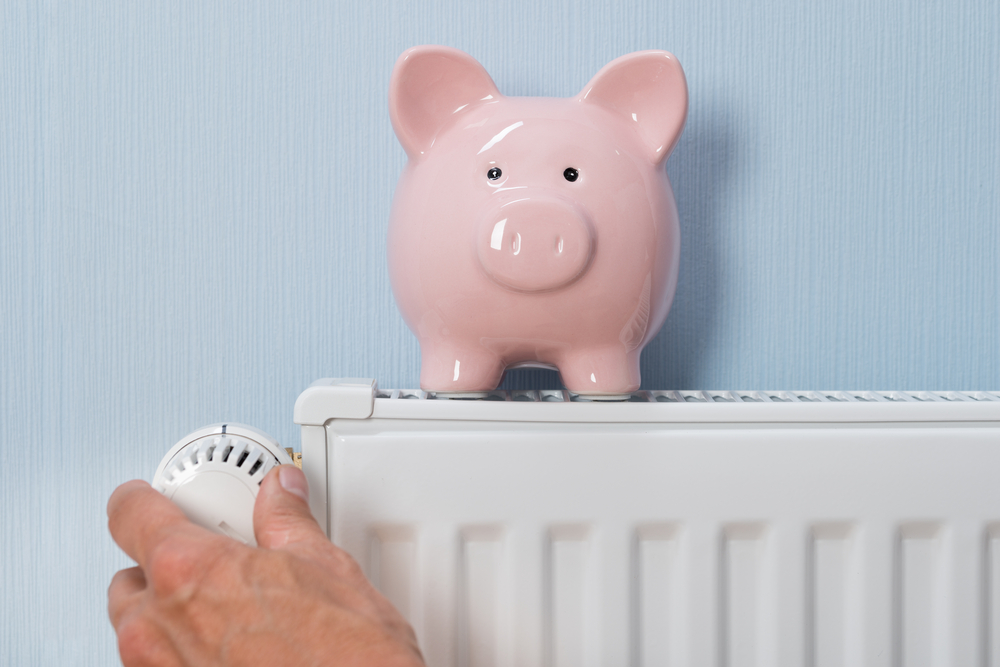Household Bills
Energy suppliers ordered to review 500,000 customer direct debit hikes

Half a million energy customers have seen their direct debit increase by more than 100% as gas prices soared over recent months. The regulator has now ordered suppliers to review the amounts.
As gas prices have skyrocketed, energy customer direct debits have also seen sharp increases.
Following concerns they’ve been hiked to unfair and/or unmanageable levels, the energy regulator, Ofgem, conducted a review of 17 of the largest energy suppliers in the market.
It found a “range of weaknesses or failings in the way they charge customer direct debits” and has ordered a number to take “immediate and urgent action”.
Ofgem said that while it has not found evidence of unjustifiably high direct debits, it has ordered all suppliers that increased direct debits by more than 100% between 1 February and 30 April 2022 to review them. This impacts 8% of standard variable tariff (SVT) customers – over 500,000 billpayers.
It said it is “concerned by this and wants to ensure there is good reason for it, for example coming off an SVT or an increase in energy use”.
Ofgem added that where appropriate, suppliers should adjust any miscalculations, including making repayments if needed, and consider whether a goodwill payment is warranted.
The regulator also found that over seven million energy customers on SVTs saw an increase in their direct debit between February and April 2022.
On average, direct debit levels for SVT customers increased 62%, the majority of which reflects the increased cost of gas.
It also saw evidence that some suppliers’ processes “are not as robust as they could be, and that this could lead to inconsistent, incorrect or poor treatment for customers”.
Further, it also said there is a “lack of formally documented policies and processes within some suppliers, which risks inconsistent and poor consumer outcomes”.
Energy supplier direct debit findings
Ofgem split the supplier findings into three groups:
No significant issues: British Gas, EDF, ScottishPower and SO Energy. It said these suppliers generally had “robust processes in place”, although it did make some recommendations for improvement. They have been asked to review customer direct debits to ensure they’re correct.
Minor weaknesses: Bulb, E.ON, Octopus Energy, Outfox the Market, Ovo, Shell and Utility Warehouse had gaps in their processes that “could lead to poor consumer outcomes”. Examples include lack of documented policies or guidance for staff, potentially not taking account of all relevant factors when setting customer direct debits, or risks that some customers’ direct debits are not assessed when appropriate. It said it has started “compliance engagement” with these suppliers to secure improvements.
Moderate to severe weaknesses: Ecotricity, Good Energy, Green Energy UK and Utilita Energy were found to have a “spectrum of weaknesses”, ranging from inadequately documented or embedded processes, weak governance and controls, to an overall lack of a structured approach to setting customer direct debits.
It said it is concerned that in some cases this could lead to customer direct debits being set incorrectly, or not being evaluated for a long time. This can cause the build-up of either unnecessarily large credit balances or debt, depending on whether the customer is under- or overpaying. Ofgem is starting compliance engagement with these suppliers and where improvements aren’t made, it will consider enforcement action.
TruEnergy and UK Energy Incubator Hub (UKEIH) were also placed in this group as they “did not have a consistent and structured approach to setting customer direct debits”, and Ofgem found “severe concerns over the maturity of their processes, putting consumers at a serious risk of inconsistent or poor outcomes, with need for rapid and significant improvement”. It is considering whether enforcement action is warranted, but since the findings were made, UKEIH has ceased to trade and so Ofgem said it will not pursue any further action against it.
‘Crucial direct debits are right’
The findings come after Ofgem set out plans to help prevent supplier failure, and to better protect customer cash in the event firms do collapse. It also sought to strengthen direct debit payment rules to help prevent excessive credit balance build up.
Jonathan Brearley, Ofgem CEO, said: “We know how hard it is for energy customers at the moment so it’s crucial that the amount they pay each month in direct debits is right so they can manage their money.
“Suppliers must do all they can, especially during the current gas crisis, to support customers and to recognise the significant worry and concern increased direct debits can cause.
“We know there is some excellent service out there, but we want to make sure that it’s consistent and standard across the board. It’s clear from today’s findings on direct debits that there are areas of the market where customers are simply not getting the service they need and rightly expect in these very difficult times.
“Today’s findings show that with the urgent changes we are now expecting, the current system will be much fairer for consumers. Bringing down the price of gas is not in Ofgem’s control; however, we will do all we can to have a fair system and ensure suppliers look after their customers.”
The energy price cap increased on 1 April 2022 – a 54% rise taking average energy bills to near £2,000. However, average energy bills are forecast to reach £3,363 in Q1 2023.